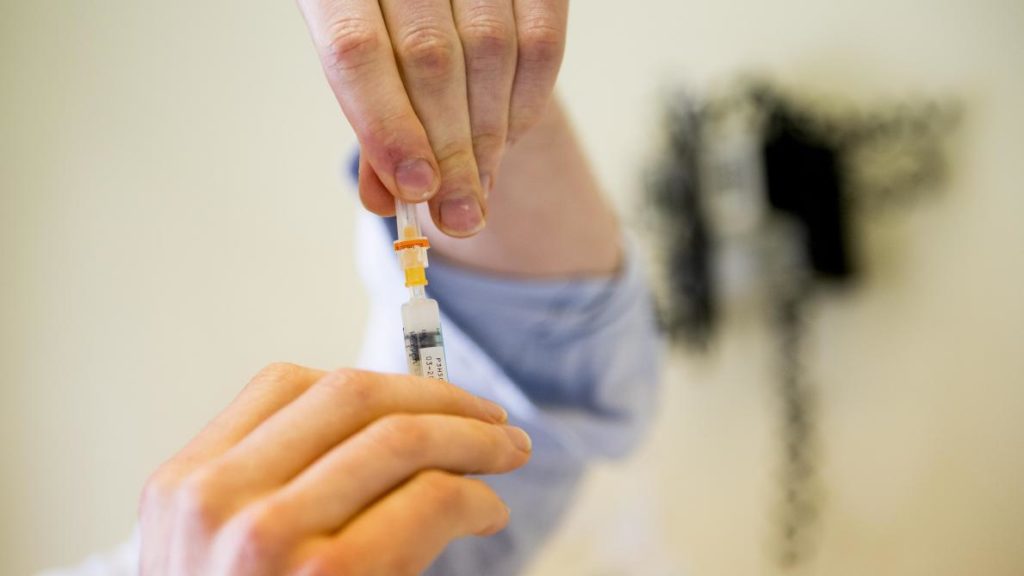Half of Belgium's population does not want to be vaccinated with the future Covid-19 vaccine or is uncertain about it, according to Sciensano's fourth coronavirus health survey.
When the vaccine will be made available to the population, 50% of the over 30,000 respondents said that they wanted to be vaccinated. 33% indicated that they were unsure about it, and 17% said they did not intend to be vaccinated.
"Relatively speaking, more young people, women, and also inhabitants of Wallonia indicated that they are not sure about whether they want to be vaccinated or not," said interfederal Covid-19 spokesperson Steven Van Gucht.
One of the main reasons for doubting or refusing vaccination is fear of getting side effects, the results of the survey showed.
Related News
- Johnson & Johnson halts coronavirus vaccine trials over 'unexplained illness'
- European Commission calls to do 'everything possible' to avoid further lockdown
- What's on Belgium's Consultative Committee's agenda today?
"These people often also have a negative personal view of vaccination in general," said Van Gucht. "They are also more likely to be people who have little faith in the government, or scientific institutions."
Many people are also waiting for the advice of their general practitioner about whether or not they should vaccinate. "General practitioners, there, will play a crucial role in confidence in the future vaccine."
Additionally, while participants were sufficiently informed about Covid-19, their knowledge of the measures in force at the time of the survey (between 24 September and 2 October 2020, just before the figures started to rise) decreased compared to previous surveys.
Hygiene and distance rules, in general, were also taken into account less, and the recommendation to stay at home when sick was not followed as well as before either.
"23% of respondents indicated that they do not always respect the hygiene measures, and 41% indicated that they do not always take the distance rules into account," Van Gucht said, adding that only 10% said they did not always keep their distance during the first wave.
"The number of people who wear a face mask, however, has increased a lot," he added.
Maïthé Chini
The Brussels Times

